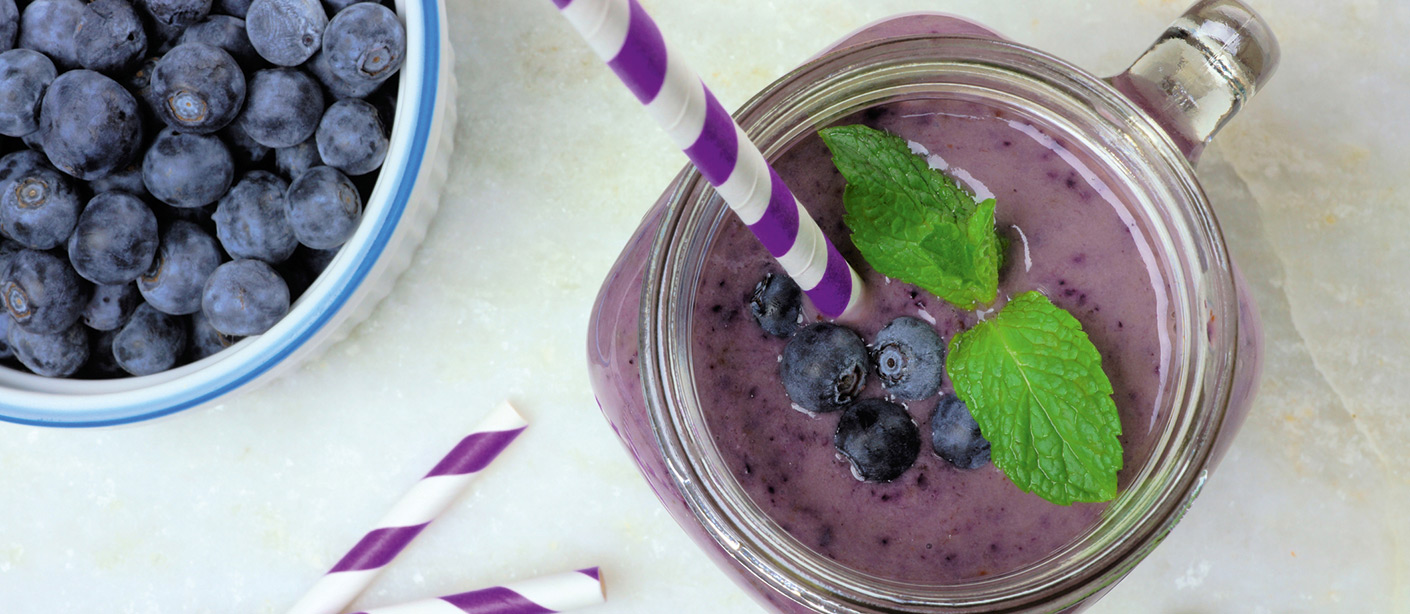How Chemotherapy Affects the Body
Chemotherapy is a treatment used to target and destroy fast-growing cancer cells, but it also harms normal healthy cells in the process, which can take a toll on your overall health.
"Chemotherapy affects areas like the gastrointestinal tract, including the mouth, throat, esophagus, stomach and intestines, and can cause unwanted side effects like dry mouth, sores in the mouth, trouble swallowing, issues with digestion, diarrhea, constipation and weight loss," said Abby Sauer, MPH, RD, an Abbott dietitian.
Nausea and vomiting are also known side effects of chemotherapy, which can make it difficult to take in the nutrition you need during treatment. But according to the American Cancer Society (ACS), those who go through chemotherapy may not experience all of these side effects, and some may not experience any at all. Additionally, your doctor may be able to help you manage some of these side effects with certain medications.
But to stay healthy and energized through this process you need to keep up with a nutritious diet — one that begins before any treatment is administered.
Good Nutrition During Cancer Treatment
"Nutrition is not just important during cancer treatment — it's vital before treatment, once someone is diagnosed, during treatment and throughout recovery," Sauer said.
According to Sauer, your diet during chemotherapy should provide all the right nutrients for a balanced diet while focusing on four key elements:
- Calories
- Protein
- Fiber
- Fluids
During treatment, you may need to consume more calories than normal to keep up your energy, so it’s crucial to maintain intake, as much as possible. Also, during chemotherapy, you'll need more protein in your diet in order to maintain or rebuild muscle that can be compromised during treatment. Fiber helps support good digestion all of the time, but it's especially important during chemotherapy because it helps keep you regular. Additionally, getting sufficient intake of fluid and electrolytes is crucial to staying hydrated.
"Keeping up with good nutrition is important for nourishing the body, providing you with energy to get through the day, and replenishing the nutrients you lose through the treatment," Sauer added.
How to Get the Nutrients You Need
Even with a solid support system, chemotherapy is draining. And good nutrition can be hard to achieve for people who aren't feeling their best. So in addition to the four key elements of a balanced diet, Sauer also suggested a few best practices to stay nourished while going through treatment:
- On your good days, work in proteins like lean meat, beans and lentils and low-fat dairy.
- Drink fluids with every meal and between meals, too.
- Use ginger, ginger chews and ginger tea to help alleviate nausea symptoms.
- On days when you're not feeling well, stick with clear liquids or cold or bland foods.
- Fortify foods with calories or protein. Add protein powder, dry milk powder, butter or sour cream wherever possible to your meals.
- Talk to your healthcare team about adding a multivitamin supplement if you're not eating enough fruits and vegetables.
- Talk to your healthcare team about trying a nutrition drink like Ensure® to supply calories.
"It's important to work with a healthcare team, especially a registered dietitian nutritionist, to determine your individual nutrition needs," advised Sauer.
Sauer also emphasized that part of eating enough during chemotherapy treatment is understanding your personal needs. "Figure out the right foods that work at the right time. If you feel good in the morning, maybe that's the time to get as much nutrition in as you can. It's about getting your meal intake to fit around your symptoms," she explained.
And remember, you're not in this alone. "Ask family, friends, loved ones and coworkers for help," Sauer said. "If you don't have the energy to eat or prepare a meal, let people help you."




Social Share